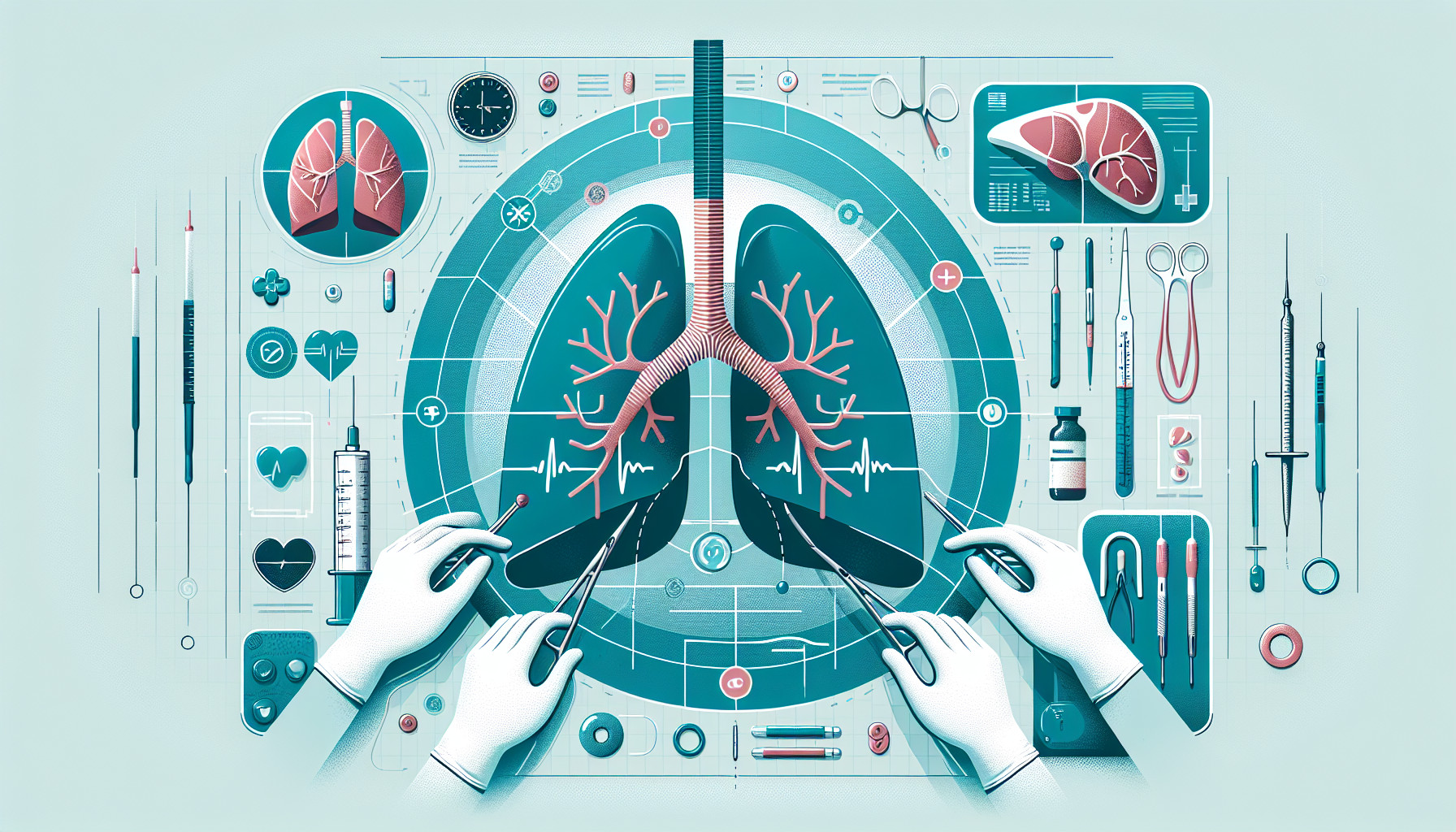Our Summary
This research paper is about a rare type of cancer called mesothelioma, which affects the cells that line various parts of the body, including the lungs, heart, abdomen, and testicles. The majority of these cancers occur in the chest and are often linked to exposure to asbestos. Diagnosing mesothelioma can be complicated, especially when only small tissue samples are available for testing. The paper discusses important information for pathologists (medical professionals who study diseases) about how mesothelioma presents clinically and on imaging studies, its different forms and variations, and recent developments in how it can be identified using immunohistochemical markers (substances used to detect diseases in a tissue sample) and molecular testing.
FAQs
- What is mesothelioma and where does it most commonly occur?
- What are some challenges in diagnosing malignant mesothelioma?
- What are the recent advances in diagnosing mesothelioma, according to the article?
Doctor’s Tip
A doctor might tell a patient undergoing a lung biopsy to follow any pre-procedure instructions carefully, such as fasting before the procedure. After the biopsy, the patient should rest and avoid strenuous activities for a period of time as advised by the doctor. It is important to keep the biopsy site clean and dry to prevent infection. The doctor will also provide instructions on how to manage any discomfort or pain after the procedure. It is important to follow up with the doctor for the results of the biopsy and to discuss any further treatment options.
Suitable For
Patients who are typically recommended for a lung biopsy include those with suspicious findings on imaging studies such as chest X-rays or CT scans, as well as those with symptoms such as persistent cough, shortness of breath, chest pain, or unexplained weight loss. Additionally, patients with a history of asbestos exposure or other risk factors for mesothelioma may also be recommended for a lung biopsy to confirm a diagnosis of malignant mesothelioma. Other types of patients who may be recommended for a lung biopsy include those with suspected lung cancer, interstitial lung disease, or other pulmonary conditions that require further evaluation and diagnosis.
Timeline
Before lung biopsy:
- Patient presents with symptoms such as chest pain, shortness of breath, cough, and weight loss.
- Imaging studies are performed, such as X-rays, CT scans, or PET scans, to identify abnormalities in the lungs.
- A consultation with a pulmonologist or thoracic surgeon is scheduled to discuss the need for a lung biopsy.
- Pre-operative tests, such as blood tests and pulmonary function tests, may be performed to assess the patient’s overall health and lung function.
- Informed consent is obtained from the patient, detailing the risks and benefits of the procedure.
After lung biopsy:
- The biopsy sample is sent to the pathology lab for analysis.
- The pathologist examines the tissue under a microscope to determine if there are any abnormal cells present.
- A diagnosis is made based on the histologic features of the tissue, including the presence of malignant mesothelioma.
- The patient is informed of the biopsy results and a treatment plan is discussed with the healthcare team, which may include surgery, chemotherapy, radiation therapy, or palliative care.
- Regular follow-up appointments are scheduled to monitor the patient’s response to treatment and overall health.
What to Ask Your Doctor
- What is the purpose of the lung biopsy in my case?
- What are the potential risks and complications of a lung biopsy?
- How will the biopsy be performed and what can I expect during the procedure?
- How long will it take to get the results of the biopsy?
- What are the possible diagnoses that could be made from the biopsy?
- What are the treatment options if the biopsy results show a lung condition, such as mesothelioma?
- Are there any specific follow-up tests or procedures that will be needed after the biopsy?
- What are the chances of the biopsy results being inconclusive or inaccurate?
- Are there any lifestyle changes or precautions I should take before or after the biopsy?
- Are there any support resources or organizations you recommend for patients with lung conditions like mesothelioma?
Reference
Authors: Fels Elliott DR, Jones KD. Journal: Surg Pathol Clin. 2020 Mar;13(1):73-89. doi: 10.1016/j.path.2019.10.001. Epub 2019 Dec 3. PMID: 32005436
